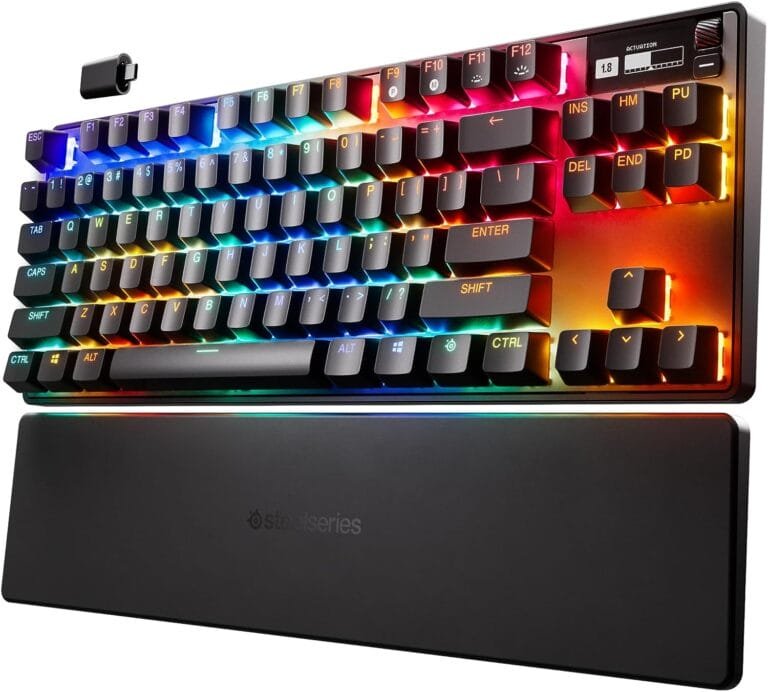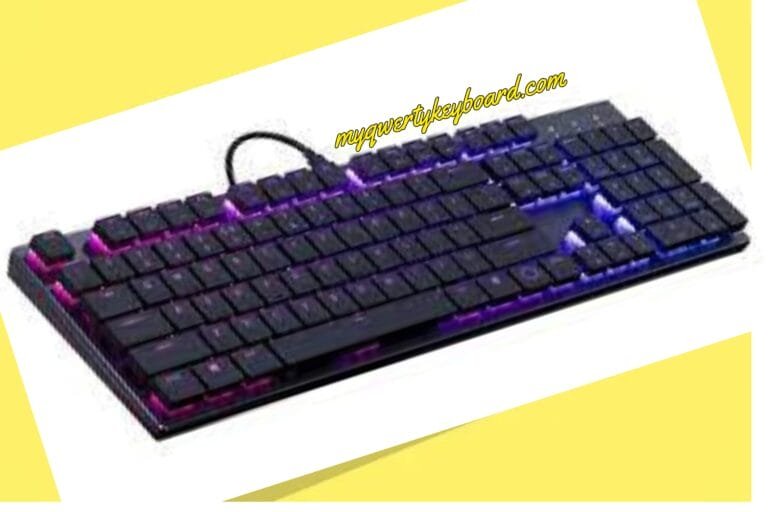The advantage and disadvantage of Different Computer Keyboards
Introduction
Choosing the right keyboard is essential for a comfortable and efficient computing experience. With a wide range of options available, it’s important to understand the advantages and disadvantages of different keyboard types. In this blog post, we’ll explore various keyboard types and help you make an informed decision.
Mechanical Keyboards
- Advantages:
- Tactile feedback and superior typing experience.
- Durability and long lifespan.
- Disadvantages:
- Noisy keystrokes, which may be disruptive in quiet environments.
- Higher cost compared to other keyboard types.
Membrane Keyboards
- Advantages:
- Quiet typing experience, making them suitable for shared spaces.
- Affordable and widely available.
- Disadvantages:
- Less tactile feedback compared to mechanical keyboards.
- Prone to wear and tear over time.
Wireless Keyboards
- Advantages:
- Freedom of movement without being tethered to the computer.
- Decluttered workspace without tangled wires.
- Disadvantages:
- Reliance on batteries, which need to be replaced or recharged periodically.
- Potential latency issues, especially with cheaper wireless keyboards.
Ergonomic Keyboards
- Advantages:
- Improved comfort and reduced strain on wrists and hands.
- Better posture support for long typing sessions.
- Disadvantages:
- Steep learning curve due to the non-traditional layout.
- Limited availability and higher cost compared to standard keyboards.
QWERTY Keyboards
- Advantages:
- Familiarity and widespread usage, making it easy to adapt to.
- Easy availability across different devices and platforms.
- Disadvantages:
- Not optimized for efficiency, as it was designed to prevent typewriter jams.
- Potential for repetitive strain injuries due to the non-ergonomic layout.
Conclusion
When choosing a computer keyboard, it’s important to consider your individual needs and preferences. Mechanical keyboards offer a satisfying typing experience, while membrane keyboards provide a quiet option. Wireless keyboards provide freedom of movement, while ergonomic keyboards prioritize comfort and posture. QWERTY keyboards are widely used and familiar, but may not be the most efficient option.
Frequently Asked Questions
- What factors should I consider when selecting a computer keyboard?
Choosing a keyboard depends on your personal preferences, typing speed, noise tolerance, and budget. Consider factors like the keyboard type (mechanical, membrane, wireless, ergonomic, or QWERTY), the sound it makes, the tactile feedback, and its durability.
- Are wireless keyboards worth the cost?
If you value a clutter-free workspace or need the flexibility to move around, a wireless keyboard can be a worthwhile investment. However, keep in mind the potential latency issues and the need to recharge or replace batteries.
- Why would I choose an ergonomic keyboard?
Ergonomic keyboards are designed to minimize strain and reduce the risk of repetitive stress injuries. If you spend long hours typing, an ergonomic keyboard could significantly improve your comfort and posture.
- Are mechanical keyboards really noisy?
Yes, mechanical keyboards are generally noisier than other types due to their design. However, some people enjoy the tactile feedback and the “clicky” sound they produce.
- Why are QWERTY keyboards common?
QWERTY keyboards became a standard due to their use in early typewriters. Their layout was designed to prevent jams in mechanical typewriters, and this design has been carried over into the digital age due to familiarity and widespread usage.





